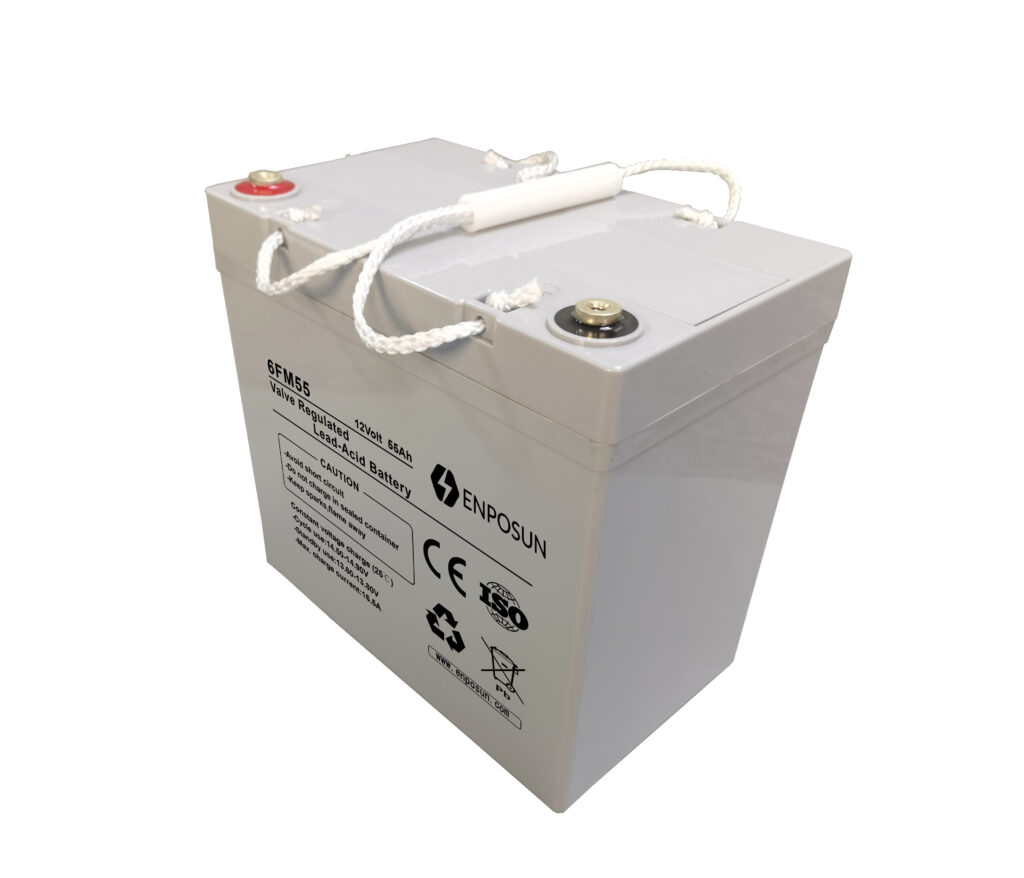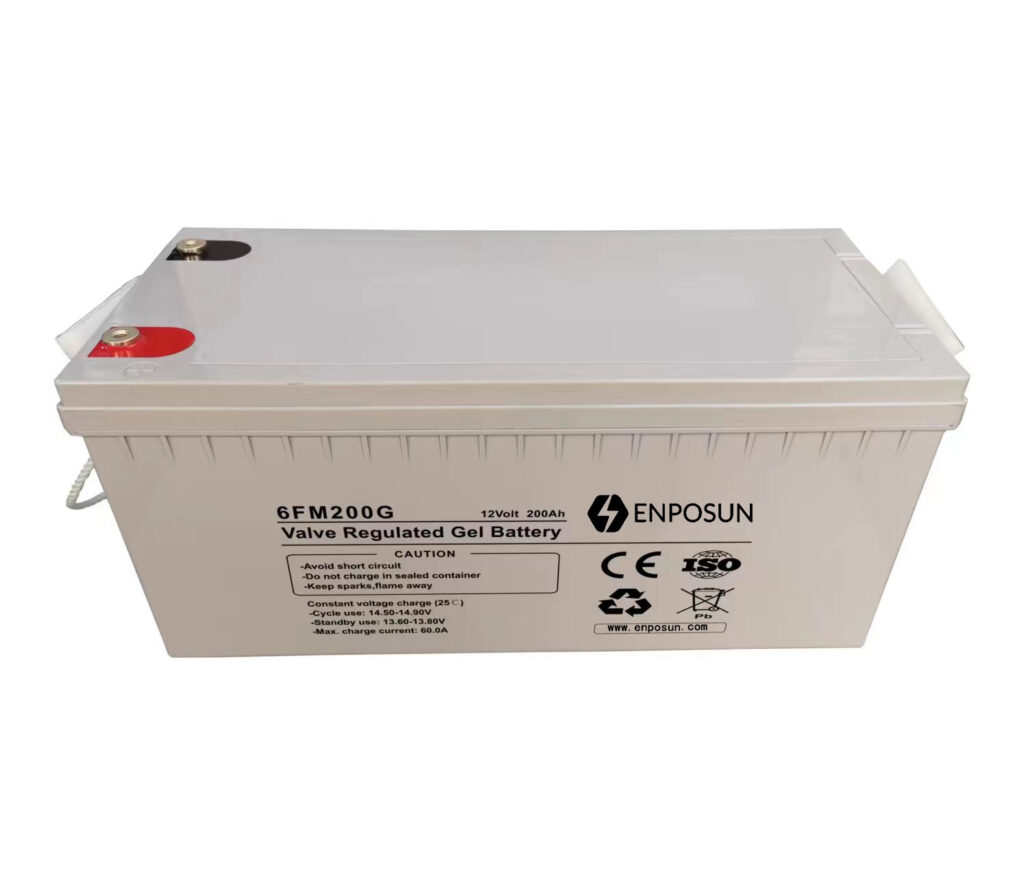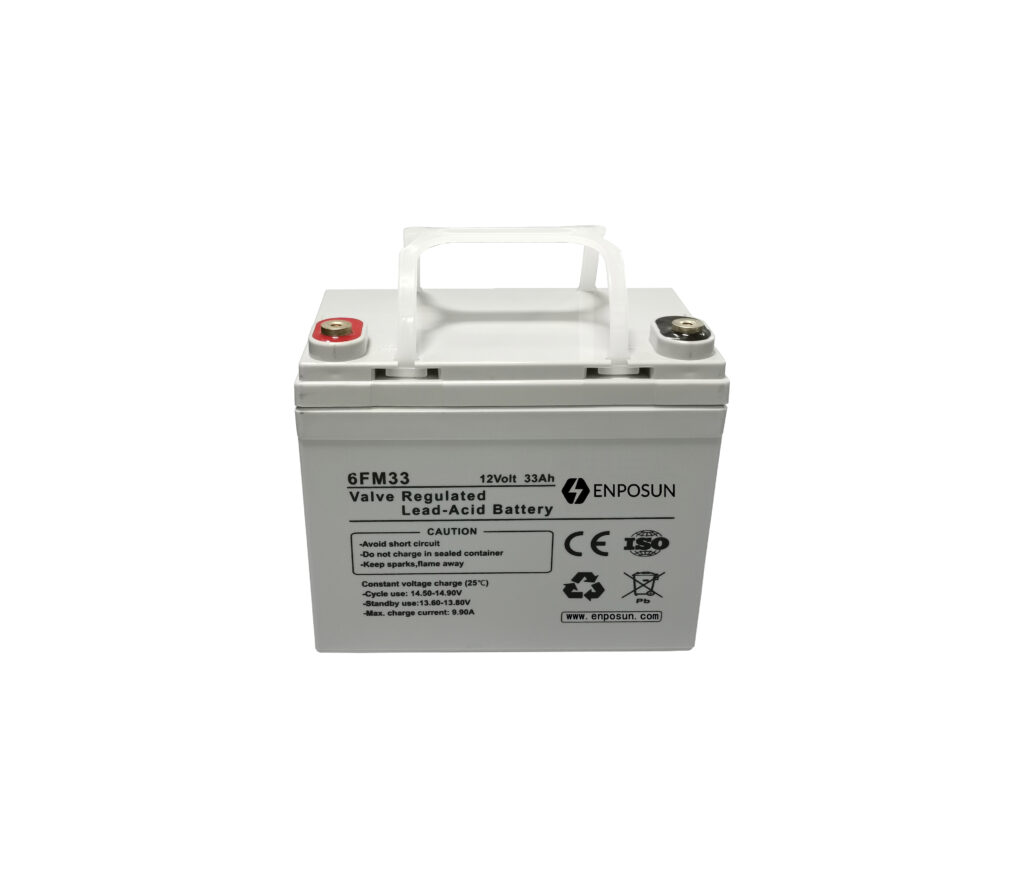Lithium-ion batteries are most afraid of the following situations:
High fever
High temperatures above 100°C can seriously affect the life and capacity of lithium-ion batteries and even cause the battery to melt or explode. Starting at 35°C, battery life is significantly affected by temperature, with higher temperatures resulting in greater exposure. Therefore, exposure of lithium-ion batteries to ignition and other heat sources should be avoided.

High Current
If the discharge current of the battery exceeds its design specifications, it will cause the battery temperature to be too high, the current will be too high, which will shorten its lifespan, and even the swelling can be disposed of.
Storage on a full charge
Lithium-ion batteries can be stored when fully charged for a long time, resulting in faster battery aging and reduced battery capacity. Generally speaking, it is ideal to keep lithium-ion batteries charged to 50% when stored.

Deep Discharge
Lithium-ion batteries are placed on shelves after deep discharge, and the battery will self-discharge during the storage process of the racks, forming an over-discharge, which will also damage its performance.

Extremely low temperatures
Temperatures below -40°C can cause lithium-ion batteries to freeze completely.
Therefore, in order to maintain the best performance and prolong the life of lithium-ion batteries, it is necessary to avoid using or storing batteries in extreme temperature environments, and at the same time, control the discharge current and avoid overcharging and discharging. At the same time, it is very important to choose a lithium-ion battery with reliable quality and specifications.
